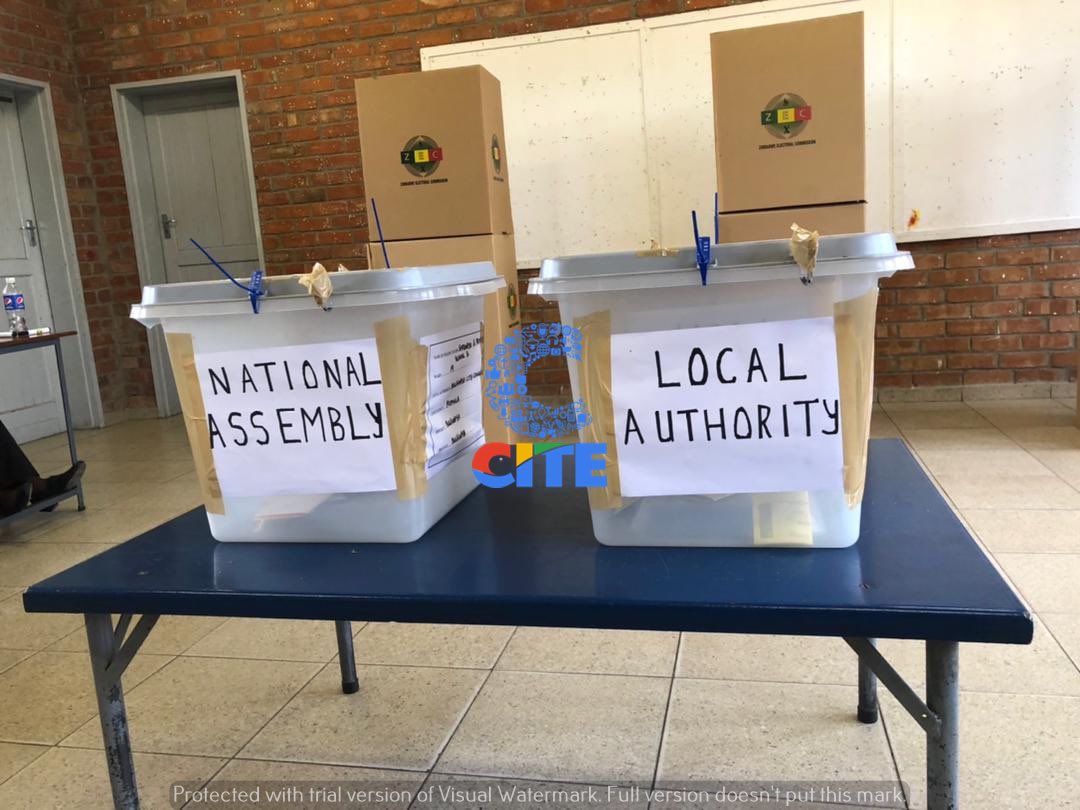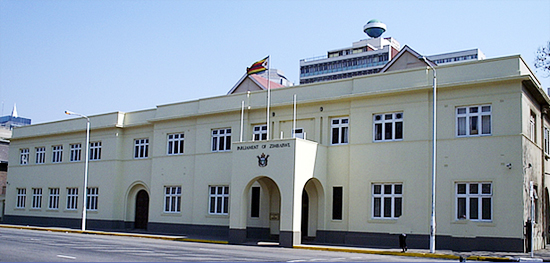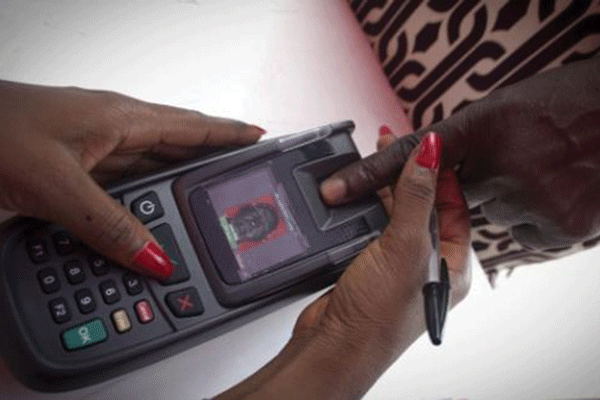Opposition members in Parliament are still pushing for the diaspora vote, citing that Zimbabweans in the diaspora are working hard to rebuild improve the economy by bringing in foreign currency. As the August House debated the Electoral Amendment Bill, Harare North MP Allan Markham raised the issue of the diaspora vote. Markham stated that there […]









